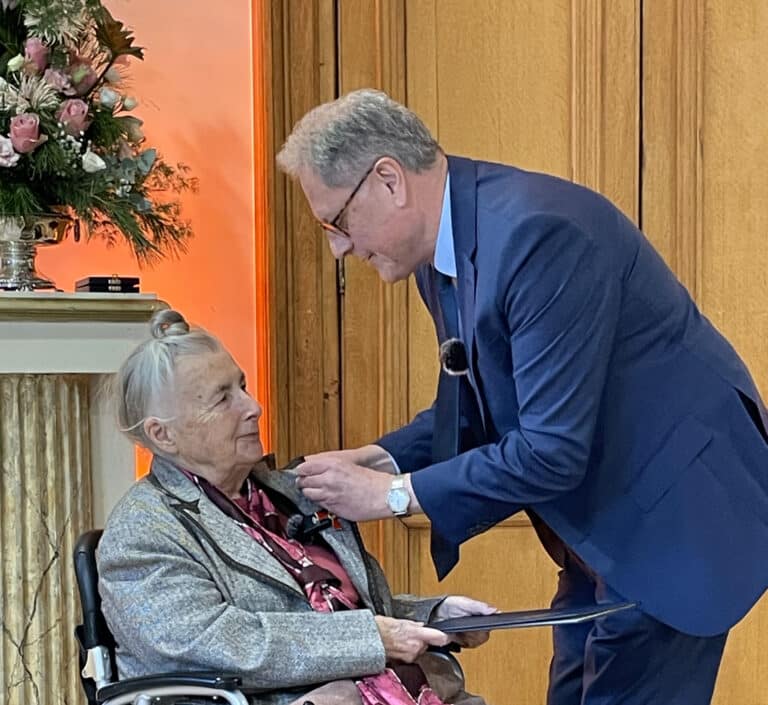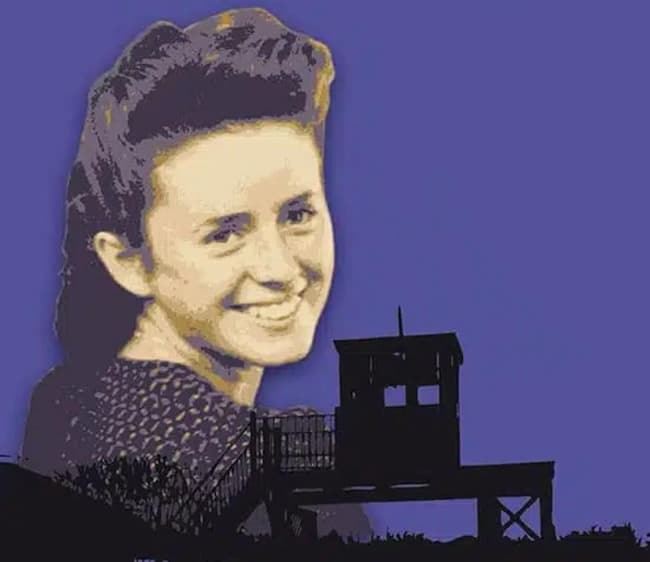During the period of National Socialism, the religious beliefs, teachings and actions of the Jehovah’s Witnesses were a public proclamation that approximated a way of life whose central tenets collided with those of the National Socialist state. Here was a small group of some 20 to 25,000 “average Germans” and those from other regions incorporated into the Third Reich who were publicly proclaiming their belief in a kind of shadow state, which was in direct opposition to the Nazi regime. Here was a group, which rejected the racial laws of the state, the oath of allegiance to Adolf Hitler, the German salute, and the duty to take up arms for Germany.
We are familiar with the statistics: nearly 10,000 Jehovah’s Witnesses imprisoned and at least 2,000 admitted to Nazi concentration camps of which at least half were murdered, over 250 by beheading.
What we do not know as well is the day-to-day existence of this extraordinary group of committed men, women and children under the rule of National Socialist terror.
That is why Simone Arnold Liebster’s autobiography is of such importance. It brings a name and a voice to these statistics. It tells the story of spiritual resistance to a monstrous evil, and does so through the eyes and memories of a child.
Those who resisted the forces of Nazi evil when a simple declaration of state loyalty would ensure their well being, when a simple signature would free them from the hell of a labor or concentration camp and protect them from violence and murder have earned a special place and a special admiration. They give us hope and a belief in the ultimate triumph of human good.
Simone Arnold Liebster must be counted among these special people.
Abraham J. Peck
Vice President of the Association of Holocaust Organizations


